How to transfer money from the UK to buy property overseas
Read our guide on how to transfer money to buy property overseas, including all of the best options for UK residents and steps to set up a large transfer.
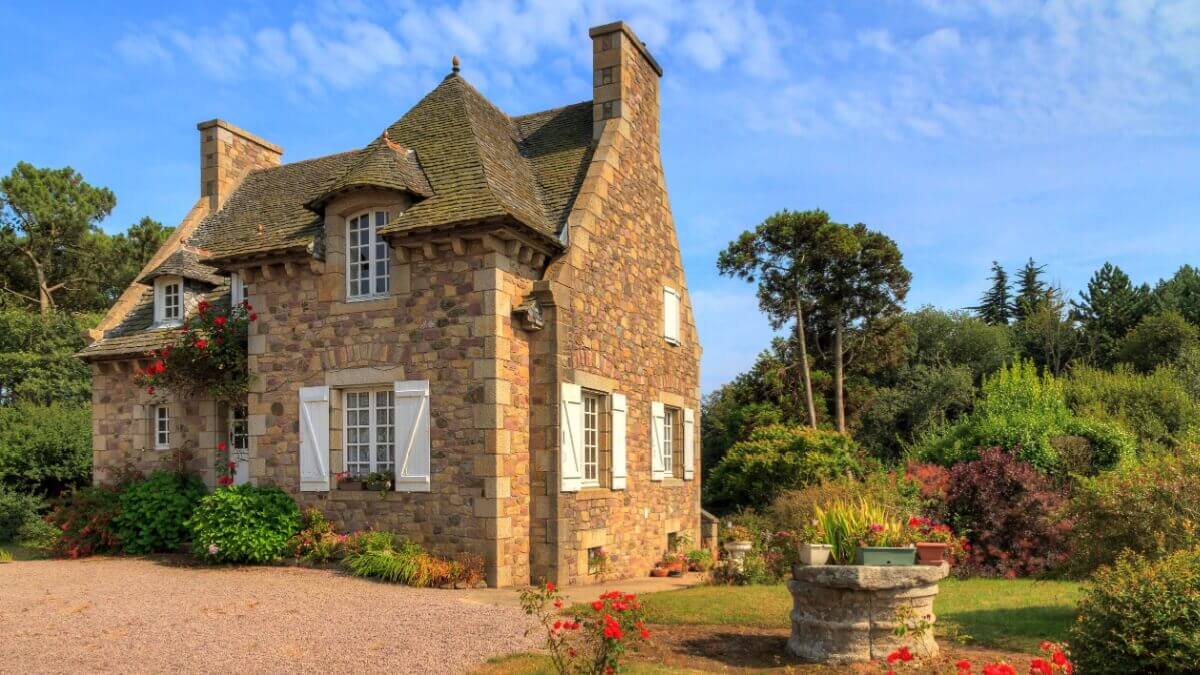
Thinking of buying a property in France? Whether you’re thinking of moving or retiring there, buying a holiday home or an investment property, one of the first things you’ll need to know about is how to get a mortgage.
We’re to help, with a complete guide to getting a mortgage in France for foreigners. This includes info for UK expats and non-residents on everything from the types of mortgages to interest rates and fees, as well as how to apply and how long it typically takes.
Also, if you’re looking for ways to save money on currency exchange when sending a down payment or mortgage fees to France, check out the money services provider Wise. You can send large transfers with Wise for low fees* and great mid-market exchange rates - making it ideal if you’re sending a secure international transfer.
French banks and mortgage providers lend to international buyers as well as residents. This means that in theory, you should have no trouble getting a mortgage to buy your French property.
However, you may face some additional requirements and restrictions as a UK buyer.
In France, the typical loan-to-value (LTV) ratio for non-residents - essentially, how much the provider is prepared to lend you, compared to the value of the property - is around 75% to 85%.¹ This may mean you need a bigger deposit.
As a foreign buyer, you may also have to do the following:¹
Whether or not you’ll have to meet these requirements depends very much on the individual lender. It’s always a good idea to check the terms and conditions of the proposed mortgage before going ahead.
Now that the UK has officially left the European Union, does this make it more difficult for British citizens to get a mortgage in France? Thankfully, it hasn’t - French mortgage lenders are willing to consider applications from both residents and non-residents, wherever they come from.
But there is an important Brexit-related change you need to know about if buying property in France.
It’s called the 90-day rule. It stipulates that UK citizens who aren’t permanently resident in France can only spend a maximum of 90 days per 180 day period in the country. To stay longer, you’ll need a visa or residence permit of some kind.²
This means you may have a second home in France, but you’ll be restricted to how much time you can actually spend living in it - unless you actually move to France and make the country your permanent home.
The eligibility criteria for mortgage applications will vary between lenders. UK citizens are subject to similar requirements as EU nationals, even after Brexit.
You’ll usually need to meet the following requirements:¹
You might also have better luck getting a French mortgage for a new build property rather than an older doer-upper.
If you meet the criteria, getting a mortgage in France can be relatively straightforward. However, it’s likely to be time-consuming and involve plenty of paperwork.
The approval process is heavily focused on affordability and financial risk, so you’ll need to provide accurate and extensive details about your income, earnings, outgoings and assets.
There are some additional challenges that can make it more difficult.
For starters, you may struggle if you’re not a fluent French speaker. It could be sensible to enlist the services of an English-speaking broker, translator or French-speaking friend. And if your documents are in another language, they might need to be translated and certified.
You may also face complications if you have a poor credit history or too many debts.
To give you an idea of what to expect, here’s a step-by-step look at the process of applying for an French mortgage as a foreign national:³
| 💡 Read more: Taking cash in or out of the UK: What are the rules? |
|---|
The exact documents you’ll need to apply for a mortgage in France will vary between lenders.
But here’s an idea of what you’re likely to need:¹
On average, it takes around 12-14 weeks to get approved for a mortgage in France.⁴ It’s crucial to make sure all your paperwork is in order before starting the process, to help you avoid any delays.

Applying for a mortgage in France usually involves some fees. The main ones to know about are valuation fees, arrangement fees and notary fees.
If the lender requires a valuation of the property, you can expect a valuation survey fee of around €250.³
It’s important to note that this valuation survey only looks at the value of the property, and won’t identify any structural, maintenance or other issues. You’ll need to commission your own building survey for that.
Also known as the product fee or completion fee, this is the main fee for taking out the mortgage.
The exact amount varies by lender, mortgage product and the size of the loan. But you expect to pay around 0.5% to 1% of the loan amount in arrangement fees.³
Notary fees
In France, the notary (notaire) plays a key role in property transactions. This includes the signing of the mortgage agreement, along with other work.
The fee for a notary’s services varies depending on whether you’re buying a new build or older property. For a new property, the fee is around 2% to 3%. For properties over 5 years old, it can be much higher at around 7.5%.³
You may also encounter some of these other costs when applying for a mortgage in France:
If you’re a French resident, you should have the same choice of mortgages as a French citizen. The requirements for application are also likely to be similar.
But if you’re not living there, you might find that you have slightly fewer options as a foreigner. You may also have to meet a higher eligibility threshold.
To help you start your search, here are a few French banks which do offer mortgages to non-residents and foreign expats:
| 💡 Read more: How to transfer large sums of money between bank accounts? |
|---|
As of June 2024, the average mortgage rate in France was 3.70%.⁶
Remember though that mortgage rates fluctuate regularly - so you’ll need to check the updated rates when you’re ready to apply for your mortgage.
The rate you’re offered will also depend on your circumstances and eligibility, the amount you’re borrowing and how much of a deposit you have.
You might find it difficult to get a mortgage in the UK to finance your property purchase over in France. Not many UK banks and lenders offer what are often known as ‘overseas mortgages’ secured against property in other countries.
You could potentially look at remortgaging an existing property you own in the UK, borrowing more to raise funds for your purchase in France.
Crucially, you should only do this if you can afford the repayments. It could also be a good idea to seek professional financial advice first.
Yes, you can get Buy-to-Let mortgages in France, although not all lenders offer them and they can be hard to get. One of the biggest challenges will be convincing the lender that you’ll earn sufficient rental income to cover the repayments.¹
If you’re new to the concept, these are mortgages designed specifically for buying property as an investment, which you intend to rent out to tenants.
It’s also possible to remortgage your property in France, although it isn’t as common there as in the UK. There may also be more costs involved, such as higher admin fees and interest rates.
Remortgaging can also help you borrow more money, such as to fund another property purchase without having to sell your first property.
You’ll just need to make sure you can afford the repayments and aren’t overstretching yourself.
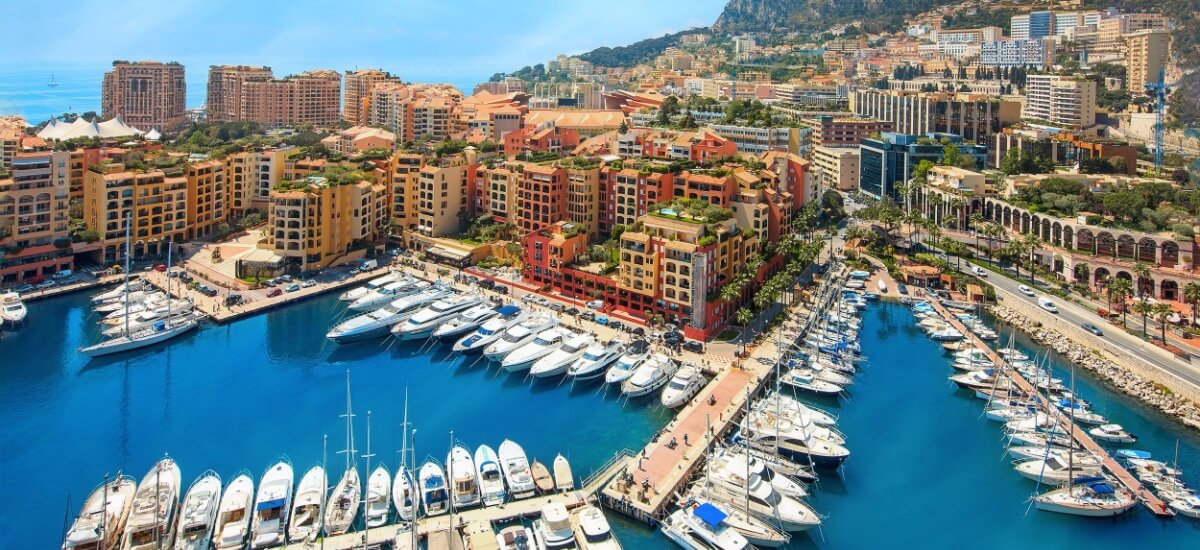
You can find many of the same types of mortgage in France as in the UK, which includes fixed term, variable rate and interest-only mortgages. The French mortgage market also has capped-rate mortgages.
Here’s a little more about each:
One of the most popular repayment mortgages around, fixed-rate deals typically offer low rates and greater financial security. However, they can also have penalties for overpayment or early payment.
In France, variable rate mortgages are linked to the European InterBank Offered rate (EURIBOR). This means the rate can fluctuate. You’d assume this automatically means a change to your monthly payments, but in France it usually results in a change to the overall mortgage term length instead.¹
If you’re looking into getting a buy to let mortgage in France, this is one of the options you may consider. It effectively means you only pay the interest on the loan, rather than the original amount borrowed. Your payments will be lower, but you’ll still owe the mortgage amount at the end of the term.
However, interest-only mortgages in France can be difficult to get as a non-resident.¹
These work just like variable rate mortgages, but with a cap on the rate. This offers more financial security, but you’re not locked into a fixed rate deal.
| 💡 Read more: The best UK banks for sending money abroad |
|---|
To stand the best chance of getting accepted for an French mortgage as a non-resident, bear these tips in mind:
If you’re sending your deposit and mortgage fees to France from the UK, you may incur hefty transfer and exchange fees when converting your British pounds to euros (EUR). This is where Wise and the Wise account can help you save money.
Open a Wise account online and you can start managing your money in 40+ currencies (including GBP and EUR). It’s not a bank account but offers many similar features.
Here’s an overview of the main benefits for using Wise: |
|---|
|
Sources used:
Sources last checked on date: 08-Sep-2024
*Please see terms of use and product availability for your region or visit Wise fees and pricing for the most up to date pricing and fee information.
This publication is provided for general information purposes and does not constitute legal, tax or other professional advice from Wise Payments Limited or its subsidiaries and its affiliates, and it is not intended as a substitute for obtaining advice from a financial advisor or any other professional.
We make no representations, warranties or guarantees, whether expressed or implied, that the content in the publication is accurate, complete or up to date.

Read our guide on how to transfer money to buy property overseas, including all of the best options for UK residents and steps to set up a large transfer.
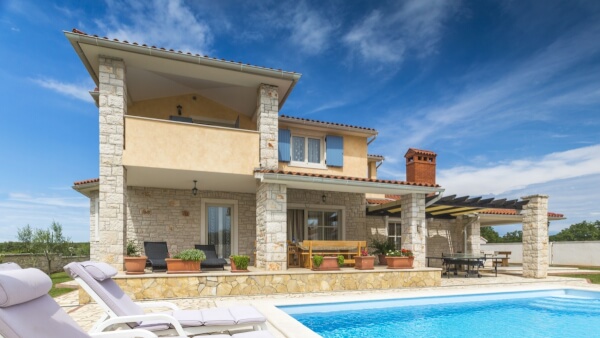
Read our guide on how to transfer money to buy property in Spain, including all of the best options for UK residents and steps to set up a transfer.

Read our complete guide to selling your property in Barbados, including info on the process, fees, taxes, legal requirements and more.

Read our comprehensive guide to getting a mortgage in Turkey from the UK, covering everything you need to know.
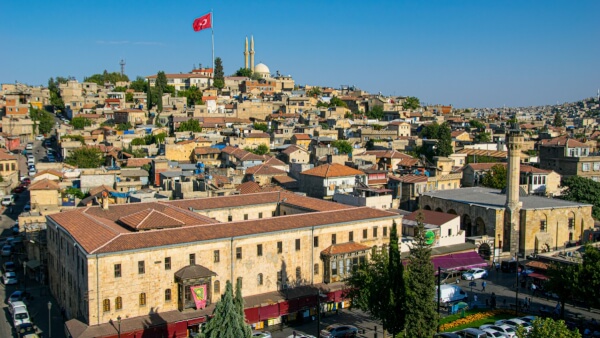
Read our essential guide to property tax in Turkey for foreigners and UK expats, including taxes on buying, selling and renting out property.
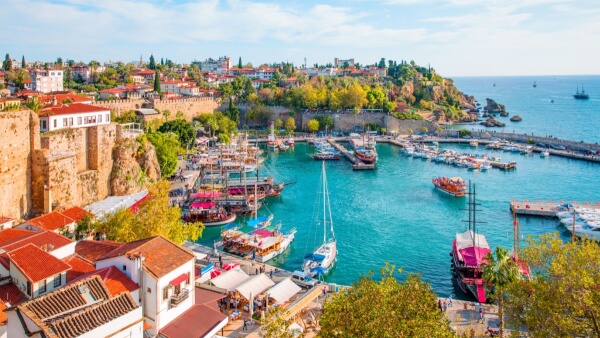
Read our complete guide to selling your property in Turkey, including info on the process, fees, taxes, legal requirements and more.